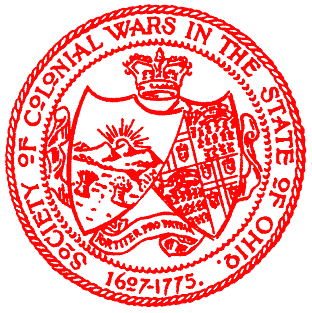1722 - 1725 |
|| | Father Rales War AKA Lovewell's War, Governor Drummer's War, Geylock's War, the Three Years War, the 4th Anglo Abenaki War or the Wabanaki-New England War of 1722-1725 | || | British and Mohawk allies vs. French and Wabanaki allies |
The treaty that ended Queen Anne's War had been signed in Europe and had not involved any member of the Wabanaki Confederacy. While the Abenaki signed the Treaty of Portsmouth (1713), none had been consulted about British ownership of Nova Scotia, and the Mi'kmaq protested through raids on New England fishermen and settlements.
The war began on two fronts as a result of the expansion of New England settlements along the coast of Maine, and at Canso, Nova Scotia. The New Englanders were led primarily by Lt. Governor of Massachusetts William Dummer, Lt. Governor of Nova Scotia John Doucett and Captain John Lovewell. The Wabanaki Confederacy and other native tribes were led primarily by Father Sebastien Rale, Chief Gray Lock and Chief Paugus.
| February 20, 1725 | A group of 88 scalp hunters led by John Lovewell attacked a band of Abenaki Natives living in a wigwam near Wakefield, New Hampshire. Motivated by state-sponsored programs that offered rangers payments for Native scalps, the men tracked the Abenaki for 11 days then opened fire near midnight on the sleeping natives. Lovewell's posse killed and scalped 10 men and received a bounty of 100 British pounds per scalp. |
As a result of the war, Maine fell to the New Englanders with the defeat of Father Rale at Norridgewock and the subsequent retreat of the native population from the Kennebec and Penobscot rivers to St. Francis and Becancour, Quebec. In present-day New Brunswick and Nova Scotia, the treaty that ended the war marked a significant shift in European relations with the Mi'kmaq and Maliseet. For the first time a European power formally acknowledged that its dominion over Nova Scotia would have to be negotiated with the region's indigenous inhabitants.
